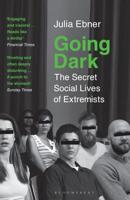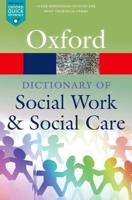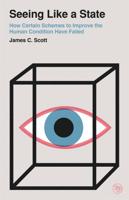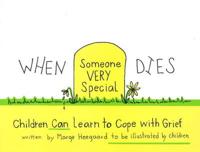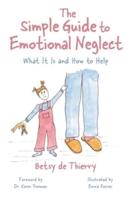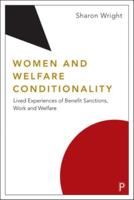Publisher's Synopsis
The elderly have traditionally been a segment of the population that is treated with respect and veneration. Numerous societal changes, however, have raised practical concerns about the rights of the elderly and how to best care for an aging population without overburdening younger and future generations. Necessities and structures that many take for granted - employment, medical care, and housing - are often difficult for the elderly to obtain. Government programs, such as the Social Security Act and Medicare, are constantly threatened by privatization. As baby boomers continue to retire, questions surrounding the rights of the elderly become more and more pronounced. ""Rights of the Elderly"" provides an overview of the history of this timely topic and the opinions surrounding it - from the Social Security Act of 1935 to the current activism of groups such as AARP and the Gray Panthers. Examining recent court cases such as Kathi Cooper et al. v. IBM Personal Pension Plan and IBM Corporation and documents such as The Age Discrimination in Employment Act of 1967, this new volume provides multiple perspectives and decisions surrounding this issue while also plotting a course for the future of legislative action. A comprehensive and up-to-date overview essay, capsule biographies, a large annotated bibliography, a chronology of significant events, organization and agency listings, and a glossary provide useful information for students, teachers, librarians, older persons, activists, policy makers, and the general reader interested in this controversial issue. Coverage includes: whether or not the systems devised to protect the elderly - including Social Security and Medicare - will be sustainable; whether or not it is fair that younger workers must contribute to funds that will probably be depleted by the time they retire; who will take care of the aging population and guarantee their safety as reports of nursing home scandals and medical malpractice emerge; and whether or not elderly individuals have too few rights and whether these rights infringe on others.

